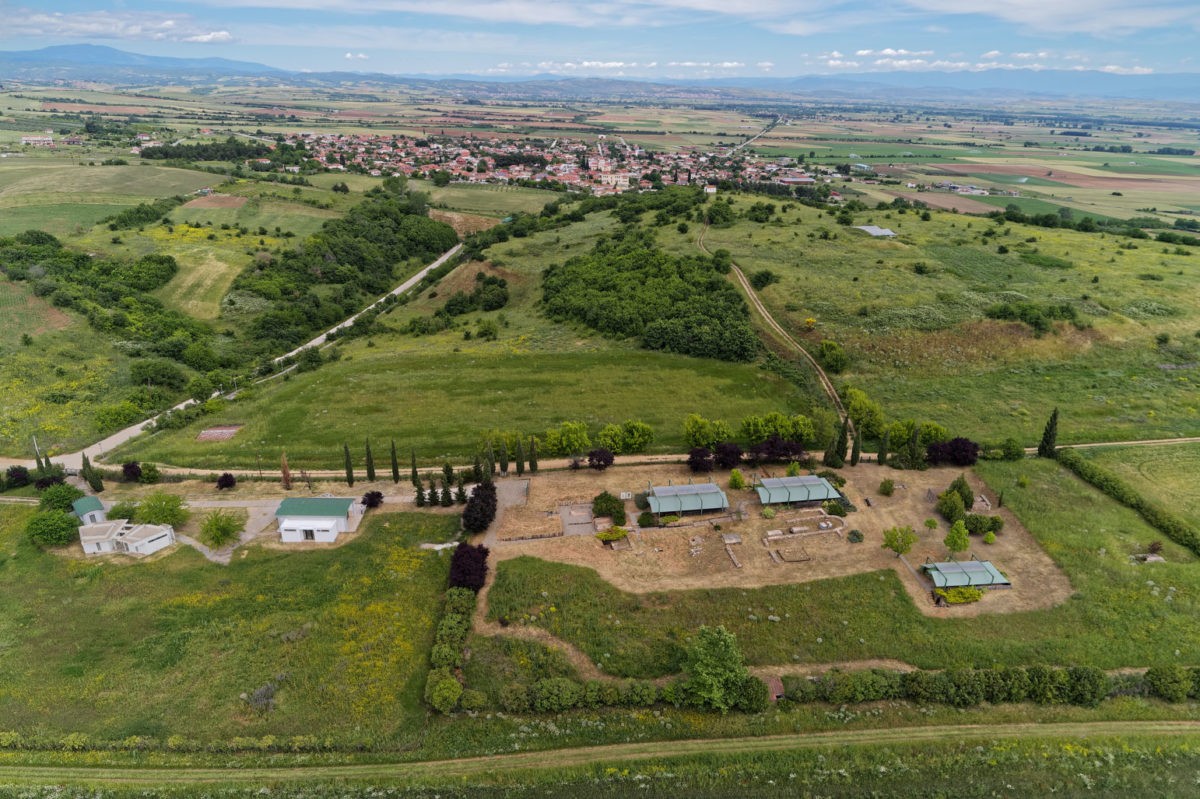
The Ministry of Culture, through the competent Ephorate of Antiquities of Kilkis, is proceeding with interventions to upgrade the infrastructure and protect the remains of the archaeological site of the ancient city of Evropos. The programme involves projects to improve and expand the infrastructure and services of the archaeological site, but also the placement of a temporary shelter for protection, in part of the ancient city. Through these interventions, the operation of the archaeological site and the visitor’s experience in general is upgraded, while at the same time the educational and cultural activity of the Ephorate of Antiquities in ancient Evropos is assisted.
Ancient Evropos was an important city, at the core of the Macedonian kingdom, with a timeless history, as evidenced by the excavation research in the city and its cemeteries. The “European City”, as it is introduced according to an epigraphic testimony of the 2nd century BC, with its impressive findings, has all the prerequisites for its development into an important cultural pole and development resource for the region, and Central Macedonia in general.
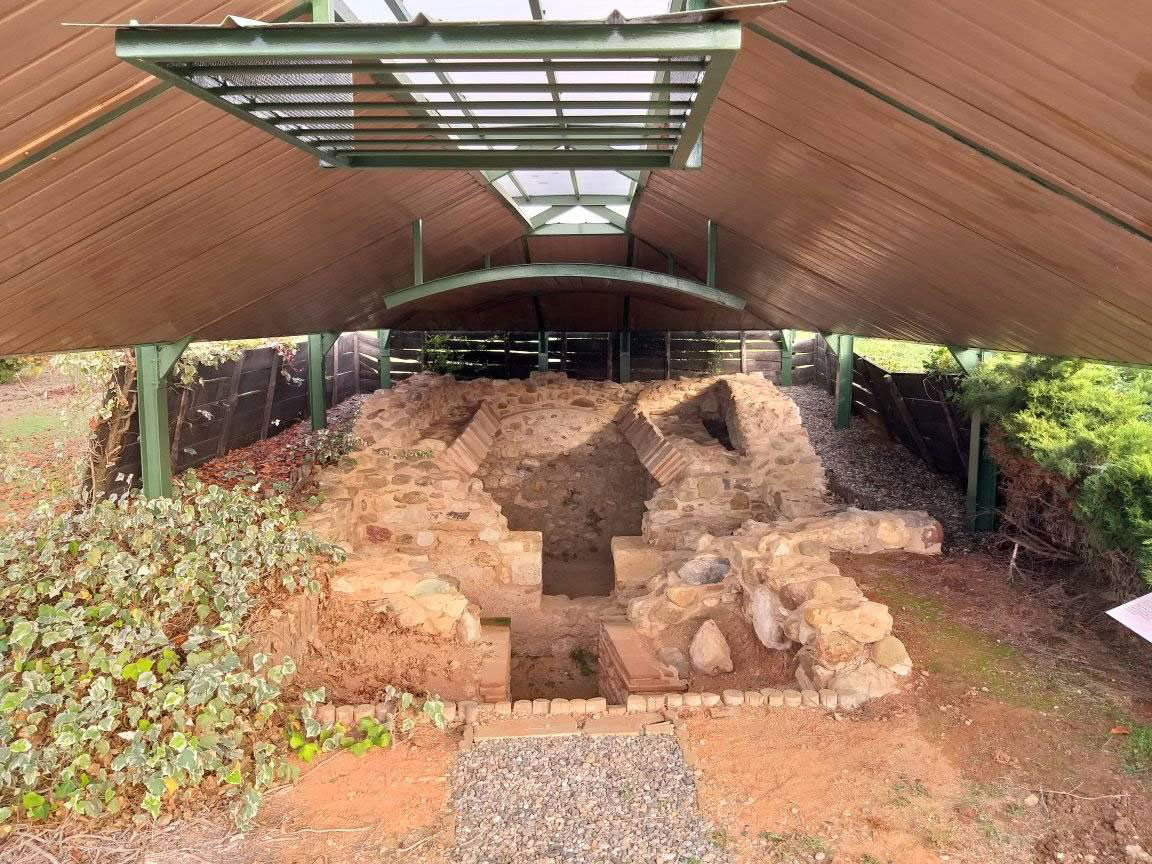
Burial monument in ancient Evropos
The Minister of Culture, Lina Mendoni, said: “The upgrading and promotion of the ancient city of Evropos, birthplace of Seleucus I of Nicanora, successor of Alexander the Great and founder of the Seleucid dynasty, is an objective of the Ministry of Culture and the relevant Ephorate of Antiquities. The promotion of this important archaeological site, by enhancing its recognition as a destination with cultural and development potential, so that it can be included in the cultural and development map of Central Macedonia, is in line with our strategic planning for Macedonia. In the 2000s, with the completion of the building infrastructure for public service, the site became accessible to visitors. However, it was only occasionally used. In 2019, the operation of the Information Centre, upgrading the information about the timeless history of ancient Evropos, the city and its cemeteries, as well as about the leader of the Seleucid dynasty, substantially increased the visitor numbers, at the site. Since then, educational programmes and cultural activities are regularly held at the re-designated archaeological site, which contribute to the better acquaintance of visitors of all ages with ancient Evropos and the understanding of its historical significance. Now, with the new planned interventions that we have approved, to which we are adding the installation of lighting to highlight and secure the archaeological site, we are renewing and upgrading its infrastructure, which fully meet the modern needs and improve, overall, its operation, while ensuring the protection of its archaeological remains”.
The archaeological site that can be visited includes part of the cemetery, dating back to Roman and early Christian times, part of the urban fabric of the ancient city, on a hill, with houses, warehouses, workshops, north of the cemetery, dating back to at least two settlement phases of late antiquity (4th-6th century BC). The archaeological site also includes a cluster of three tombs (late 4th – first half of the 3rd century BC), the burial complex of Messia and a prehistoric mound of the Neolithic period (5th millennium BC) within the modern settlement of Evropos. The city had a dense urban network with roads and houses, while the ‘craft’ zone was developed next to an adjacent stream. The presence of an organised water supply network with an aqueduct is attested by an inscription, which states that the project was carried out with the sponsorship of Philip Alexander (2nd-3rd century AD).
The habitation of Evropos was continuous from the 5th pre-Christian millennium B.C. until the 6th century A.D. The only Kouros that has been excavated in northern Greece comes from Evropos.

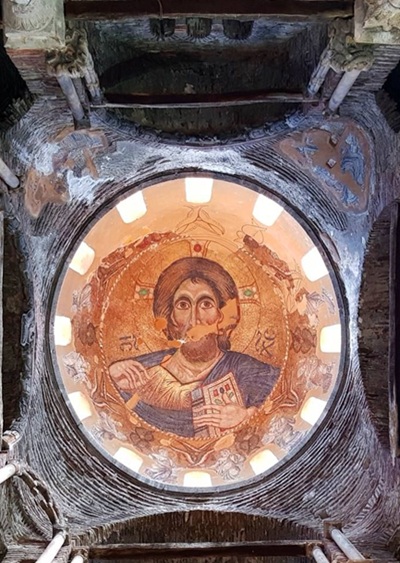
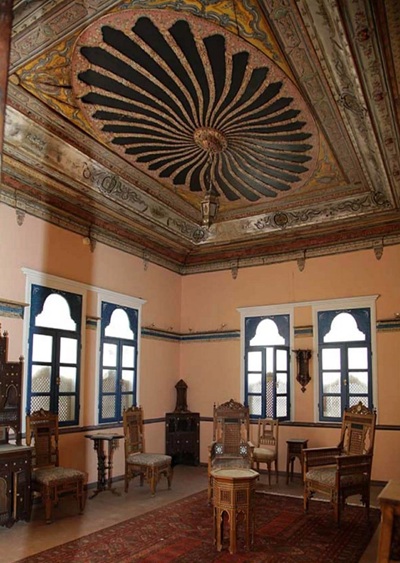
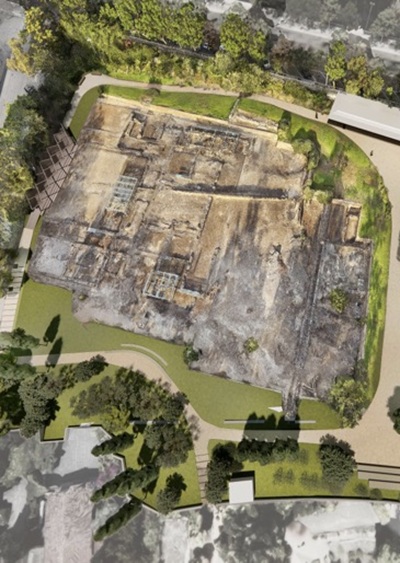
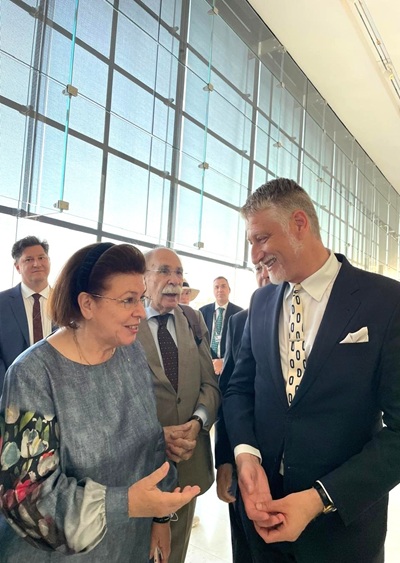


Leave A Comment